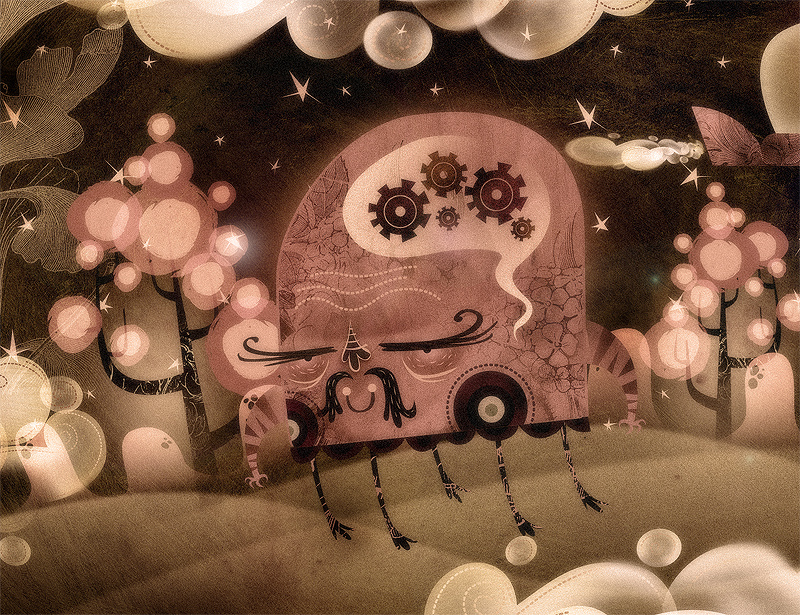Weekly Science Picks

As you all know, we proudly can say we fixed all the problems we had in the past and returned to our audience after a short break. We are continuing our work as before and for this weekly wrap up we prepared quite interesting things from the area of science and technology.
Will drones become the future of farming?
Robots are being used to survey crops and help farmers manage the water and chemicals they use in vast fields. Chris Anderson, the former editor-in-chief of Wired magazine, recently switched careers to move into drone manufacturing. He co-founded 3D Robotics, which is building drones in Mexico and the US which may one day keep a beady electronic eye on the food being grown for our tables.
Y chromosome is not doomed to shrivel away to nothing, say researchers
Reports of the coming death of the male sex chromosome are greatly exaggerated, say scientists, whose work will raise a collective cheer from at least half the population. The fate of the Y chromosome, which carries the genetic switch that sends a developing embryo down the route to maleness, has been questioned since scientists first discovered that it had lost more than 90% of its genes over millions of years of evolution.
Here be 3D printed dragons
Toothless, 3D printed out of titanium, came into the world at Lab 22, our additive manufacturing facility in Melbourne. The scientists there have printed some extraordinary things in the past—huge anatomically correct insects, biomedical implants and aerospace parts. So they thought a dragon was achievable.
Surprising New Class of ‘Hypervelocity Stars’ Discovered Escaping the Galaxy
The discovery of this new set of “hypervelocity” stars was described at the annual meeting of the American Astronomical Society this week in Washington, D.C., and is published in the Jan. 1 issue of the Astrophysical Journal.
Please keep following us because an emerging science and technology news are coming soon.
 Follow
Follow